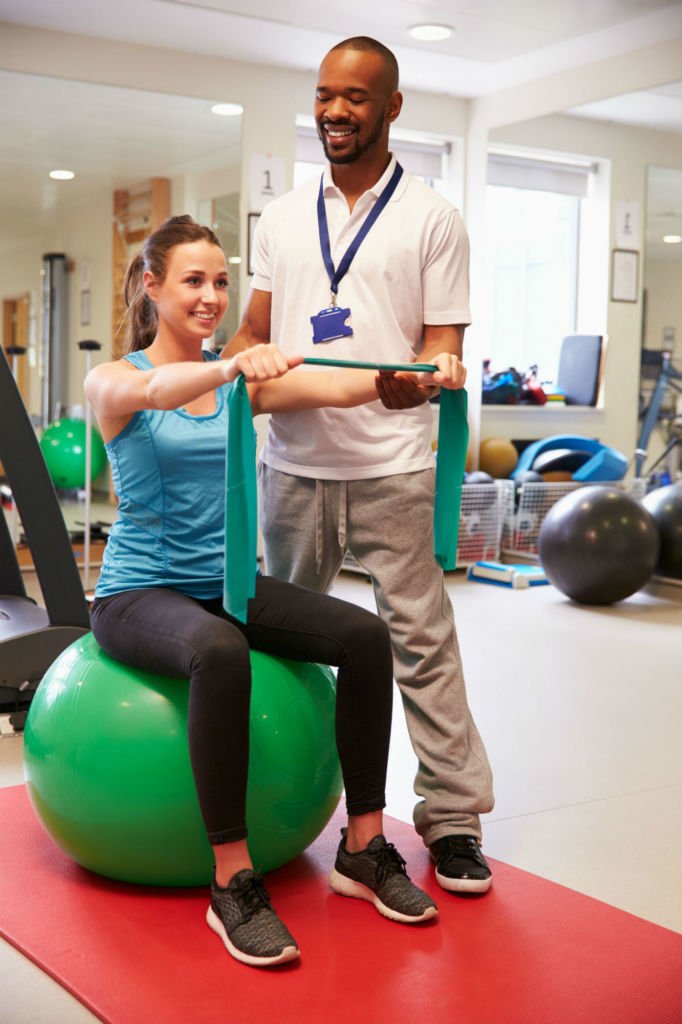Arthritis is an inflammation of the joints that can occur in various locations throughout the body including:
The most common type of arthritis is osteoarthritis, which results from overuse, trauma or the degeneration of joint cartilage that occurs with age. In osteoarthritis, the cartilage covering the ends of the bone gradually wears away. In many cases, bone growths called “spurs” develop at the edges of osteoarthritic joints, and the bone can become hard and firm (sclerosis). The joint becomes inflamed, causing pain and swelling and making continued use of the joint painful.
Osteoarthritis is often more painful in joints that bear weight, like the knee, hip and spine. However, joints that are used extensively in work or sports, or joints that have been damaged from fractures or other injuries may show signs and symptoms of osteoarthritis.
Common symptoms of arthritis include:
- Weakness (atrophy) in the muscles
- Tenderness to touch
- Limited ability to move the joint passively (with assistance) and actively (without assistance)
- Grating feeling or sound (crepitus) with movement
- Pain when pressure is placed on the joint or the joint is moved
- Signs that other joints are painful or swollen (an indication of rheumatoid arthritis)
Through careful evaluation of symptoms and a physical examination, our physicians are able to properly diagnose arthritic conditions. X-rays also play an important role in showing the extent of damage to the joints, and blood and other laboratory tests can help determine the exact type of arthritis.
Arthritis Treatment Options
Some types of arthritis, such as rheumatoid arthritis, are typically treated by a team of healthcare professionals. These specialists may include rheumatologists, physical and occupational therapists, social workers, rehabilitation specialists and orthopaedic surgeons.
Non-surgical options to reduce pain and stiffness and improve function include:
- Exercise programs
- Physical therapy
- Anti-inflammatory drugs
- Weight reduction for overweight patients
- Glucosamine chondroitin sulfate
- Cortisone injections
- Viscosupplementation procedures (injecting lubrication into the joint)
- Platelet-rich plasma therapy (PRP)
- Stem cell treatment
- Lipogems
For patients with severe cases of arthritis, orthopaedic surgery can often provide dramatic pain relief and restore lost joint function. Surgical options include arthroscopy for mechanical symptoms and total or partial arthroplasty.
In most cases, patients with arthritis can continue to perform their normal daily activities. But, if left untreated, arthritis can progress and lead to worsening dysfunction and pain. Joints can swell, become tender to the touch and stiffen up when left immobile for too long.
All Access Sports Medicine’s doctors can treat patients with arthritis. While some may specialize in certain parts of the body, the treatment of arthritis is often a non-operative one that can be initiated by any provider.
